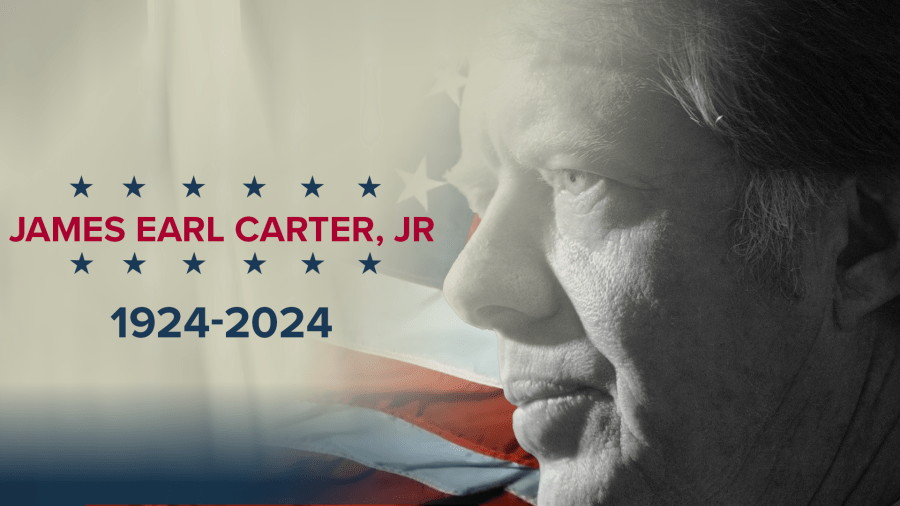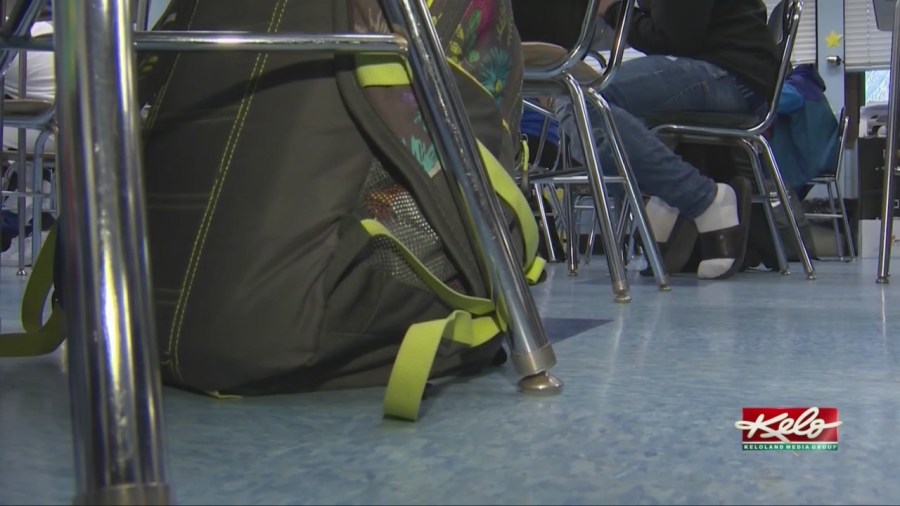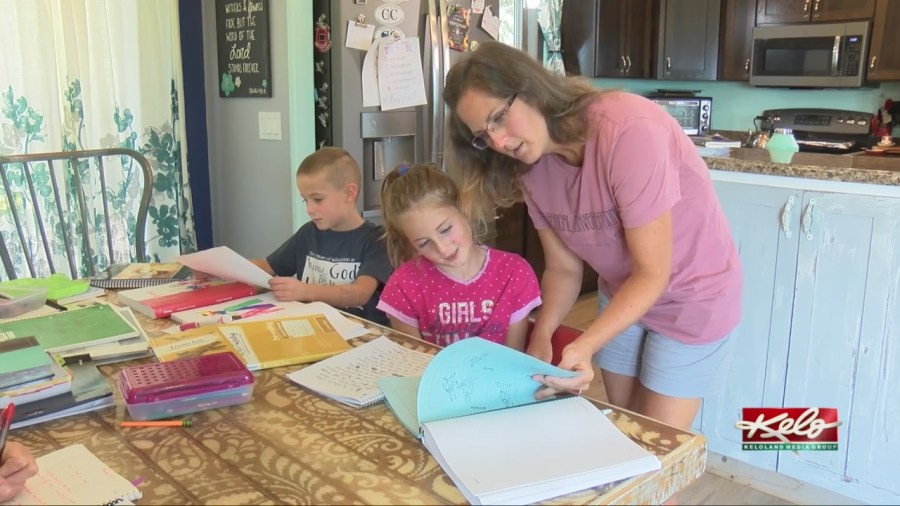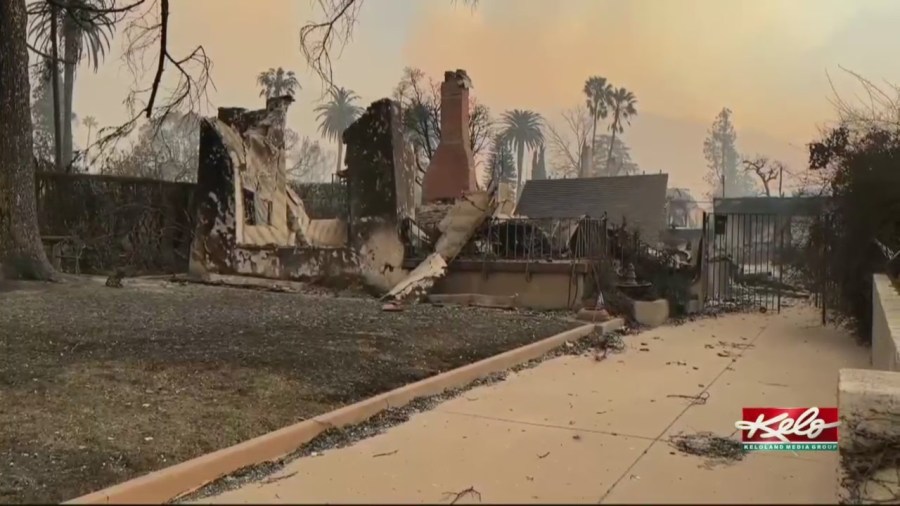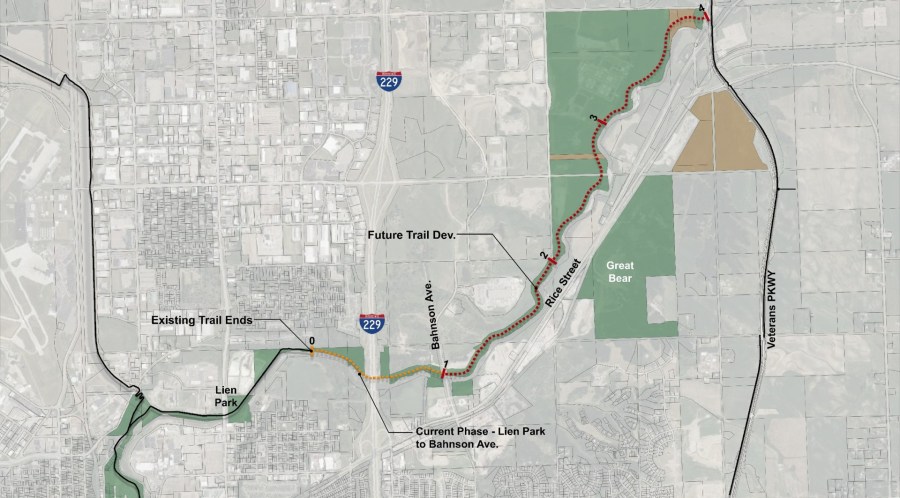James Earl Carter, Jr., the 39th President of the United States and 76th governor of Georgia, has died at 100-years-old. Known from boyhood as Jimmy, Carter rose from the dusty peanut fields of Plains, Georgia, to the White House. After his presidency, Carter dedicated himself to public service, working tirelessly for peace in the Middle East, and helping to house millions of people around the globe through his work with nonprofit builder Habitat for Humanity. For decades, he was a celebrated Sunday school teacher at Maranatha Baptist Church in Plains. Carter was married to his wife Rosalynn for 77 years before she died on Nov. 19, 2023.
Jimmy Carter was the first president to be born in a hospital, where his mother worked as a nurse. His father, like generations of Carter men before him, was a cotton farmer who did not graduate high school. But the elder Carter was thrifty and operated a successful general store. When the future president was four years old, the family bought some cotton farming land in nearby Archery. Their neighbors were black sharecroppers. Archery did not have electricity until 1938.
Carter spent his boyhood working the family farm and going to school. As a teenager, his father entrusted his eldest son with one acre of farmland. On it, Carter grew, packed and sold peanuts, his first foray into the business he would later depend upon. Carter also broke the family trend of leaving school early. He attended Plains High School in 1941, where he developed a life-long love of reading and learning.
After high school, Carter enrolled at nearby Georgia Southwestern College in Americus. The next year he transferred to Georgia Tech in Atlanta, and in 1943 Carter earned admission into the Naval Academy. It was while attending the Academy that Carter fell in love with Rosalynn Smith, a friend of his sister’s. The pair married shortly after Carter’s graduation in 1946. They were inseparable ever after. Carter’s Naval career spanned nine years, and the Carters lived on both coasts during his various deployments in both the Atlantic and Pacific fleets. While Carter was training to serve as an officer on one of the Navy’s first nuclear submarines, tragedy struck. His father died. The Carters returned home to Plains.
Hard work brought the Carters through tough times in Plains. His father, who had served in the Georgia House of Representatives and ran a thriving business, was successful, but he also had many heirs and forgave debts. Jimmy and Rosalyn, now with three sons in tow, lived for a year in public housing, the only president to do so. With his engineering background, Carter set out expanding the family business, and with Rosalynn’s help, they grew successful. By 1961, Carter was a prominent man in the community and Chairman of the Sumter County school board, where he spoke in favor of school integration, stoking the ire of the local White Citizens Council who boycotted his peanut warehouse. But Carter pressed on. In 1962 he ran for state Senate, and after proving the initial vote was fraudulent ran in a second election and won. In 1966, after a failed bid for Governor, Carter found solace and new direction in his faith. He also plotted his future political career.
Carter won his 1970 bid for governor, and on his inauguration the next year he declared, “the time of racial discrimination is over,” shocking Georgians accustomed to the state’s long tradition of racist leadership. The statement also shocked many segregationist Georgians who had supported Carter, particularly after Carter endorsed segregationist Lester Maddox for Lieutenant Governor. Carter later called his campaign, during which he leaned into the anxiety many white Georgians felt over civil rights, the most shameful period of his life. But Carter’s inauguration did mark him out as a new kind of southern politician, and he was featured in Time magazine as a progressive “New South” governor. Carter and Maddox spent the next four years feuding. Carter worked to accelerate school integration, even as he slimmed down Georgia’s bureaucracy. Using his engineering background, he vetoed dam projects along the Flint River after personally reviewing the plans.
Georgia’s constitution limited him to a single term, and Carter’s time in federal office would be equally short. He ran successfully for president in 1976, with Republicans still reeling from the Watergate scandal that had pushed Richard Nixon out of the White House and marred Gerald Ford’s political future. Carter’s team came to Washington with little experience on the national stage, which stymied much of the policy progress the new president hoped to achieve, including a failed attempt at universal healthcare. As the oil crisis dragged the economy into a slump, the revolutionary government in Iran took 54 American citizens hostage and held them for 444 days. Carter went into his reelection campaign with little to show for his efforts, a struggling economy, and more than a year of foreign policy embarrassment. A charismatic former actor and governor of California, Ronald Reagan, swept Carter out of the White House in a historic landslide.
Again facing political failure, Carter now turned squarely to public service. In 1982, he founded the Carter Center, through which the former president worked to advance human rights and ameliorate suffering around the world. The previous year, Carter began working on peace in the Middle East, and over the decades met with both Israeli and Arab leaders, easing tensions and paving the path of peace. In the 1990s, Carter was a key figure in brokering peace throughout eastern Africa. Carter joined Nelson Mandela and other world leaders to work on peace and human rights, working in Darfur, Sudan, Cyprus, Korea, and the Middle East. Outside of politics, generations of Americans might best recognize Carter wearing a hard hat, due to his decades-long service with Habitat for Humanity. Even in the final year of his life, before the Covid-19 pandemic shut down much of American public life, you could often find Carter, hammer in hand, helping to build homes.
His activity in domestic politics was often quiet, preferring to work with presiding administrations as an overseas ambassador for peace and human rights. Carter passed on chances to run again for president in both 1984 and 1988. In 1992, when asked, Carter spoke favorably of then-Arkansas governor Bill Clinton as a potential candidate for the White House. Carter spoke at Clinton’s nominating convention and was frequently consulted by the fellow Democratic president. Carter frequently criticized Republican administrations, criticizing George H. W. Bush for his response to Hurricane Katrina and Donald Trump for his immigration policies.
Jimmy’s Carter’s post-White House life was based in his small hometown of Plains. There he and Rosalynn were active members in the community. Jimmy Carter frequently taught Sunday school at Marantha Baptist Church, his classes often drawing large crowds of admirers. Even as the prevailing political winds in Plains made Carter’s political views unpopular, he was widely adored by the community, which in his lifetime made his boyhood farm in Archery and part of the Plains High School museums to the president’s long life and diligent work helping other people.
It is for his service to others that Carter will be most remembered. In his personal life, he was a man dedicated to family and faith. In his public life, he lived out the promise of his faith by serving others, in Plains, across America and across the globe.
